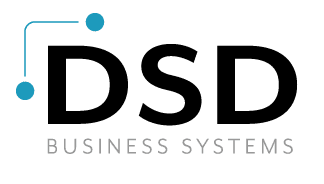Payroll Management: Definition & Processes
Payroll management refers to all functions and processes by which the employees of an organization receive their financial remunerations or salary.
These functions include reconciling and balancing payroll data as also reporting and depositing taxes. The payroll management staff takes care of record keeping, wage deductions, and verify pay data reliability.
Payroll Management Processes
There are four major processes followed by organizations to calculate gross wages and salaries as also deductible amounts for each employee. While some companies prefer the conventional manual method of payroll management, large corporations use state-of-the-art software for payroll processing. The various processes are illustrated below:
The Manual System: The manual system involves traditional payroll ledgers, a calculator, and spreadsheets, instead of sophisticated computerized aids. Used by very small businesses or some firms in the manufacturing and construction industries to calculate pay for onsite contractual labor, as these payments are made on a daily/weekly basis. The process, however, is time consuming, tedious and risky because it’s error-prone.
It is risky for another reason since doing this manually can eliminate who did what. This means that if there is an error made or errors made it is difficult at times and in some cases to find out who actually made the mistake. It is hard to prove. You can have people pointing fingers at each other which can strife in the work place. No one wants that.
Accountant in Payroll Management: A qualified payroll accountant with a diploma or degree in accountancy or finance is often employed by many organizations to look after the payroll only.
He/she is also called a payroll accountant and is fully responsible for all activities pertaining to the company’s payroll. The professional is required to have a sound knowledge of basic accounting principles as also globally accepted accounting standards. It though, adds to organizational costs.
Role of Software in Payroll Management: Automated, state-of-the-art software is nowadays available to perform all actions that go into the payroll process. At the click of a mouse or the touch of a key, payable amounts and deductions are calculated in seconds.
The pay slip too gets generated in no time, and there is little room for error. Moreover, the data gets automatically validated by the software. However, the person using it needs to be properly trained to ensure maximum efficiency and accuracy.
Payroll Outsourcing: This is outsourcing the payroll to a 3rd party or outsourcing company which takes full responsibility for all payroll accounting activities.
A salient way to save cost and time and works well for those organizations with more than 1,000 employees. The outsourcing organization takes care of payroll records & taxes analysis, processing of medical claims, employee provident fund, and insurance processing and audit planning and procedures.








